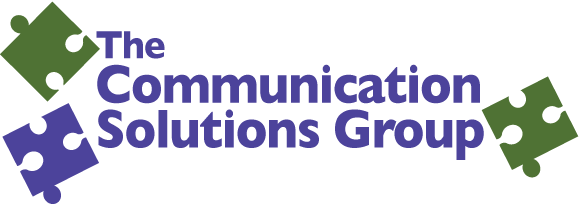In a marketplace saturated with advertising of all kinds, word of mouth – information passed from person to person – remains one of the most precise, personal and powerful forms of advertising. When you have satisfied customers, they often recommend your product or services to others; however, word of mouth alone won’t help your business grow overnight.
So how can you harness the power of satisfied customers and use it to your best advantage? Consider using testimonials – positive comments about your business – in ads, brochures, direct mail, emails, website and other promotional materials. Testimonial advertising is like word of mouth, but multiplied exponentially because it can reach a much larger audience.
Experts agree that testimonials work because the public is more likely to believe the word of your current customers than what you say about your own business. Potential customers are more likely to be positively influenced by word of mouth in a way that no slogan, logo or presentation can match.
Using Testimonials
A good testimonial is a straightforward and honest opinion of your company in a customer’s own words. A testimonial usually begins with a description of what product or service the customer received and how it helped them, followed by a recommendation that others go to your company for that product or service.
General recommendations for using testimonials include:
- Use real, not fabricated testimonials – Fake praise, no matter how well written, is never as powerful or credible as words from a real, satisfied customer.
- Use them anywhere – Testimonials make brochures, ads, direct-mail pieces, websites, emails, social media and other promotional materials stronger and more convincing.
- Make them concise, but not over edited – If the testimonial is too long, it may never get read, and if it is too short, it is most likely too generic. A few sentences works best for both readability and impact.
- Favor specifics rather than generalities – “The service was wonderful” is a testimonial that could be made about any organization because it is not specific. Use ones with more details such as: “Your service manager’s response time was wonderful, and the new part your technician installed is working better than ever! Thank you for the excellent service.”
- Attribute the testimonials – Use real individual and company names whenever possible, but be sure to obtain permission first. Using initials or anonymous phrases like “A Satisfied Customer” gives the reader the idea that you wrote the testimonial yourself.
Collecting Testimonials
Many customers will write unsolicited emails to express their pleasure with the product or service your company has provided. If and when this happens, you should immediately ask for permission to use their positive comments as testimonials in your advertising. Most customers will be flattered, although some may decline. Permission must be secured in writing, and the easiest way is with a brief email that you can send to your customer for them to electronically sign and return.
You can also solicit testimonials from your customers in a number of ways:
- Listen to your customers – When you hear positive comments, ask if the customer would be willing to write them down for you to use.
- Survey your customers – Make it a routine to survey your customers regularly to get their feedback about your products and services. Give the customer the opportunity to make both positive and negative comments, so the survey won’t seem self-serving. Not only will you likely receive many testimonials, you will learn valuable information on how your business is attending to its customers, so you can fine-tune your customer service.
- Use a solicitation email – Write a letter specifically asking customers who you know have been happy with your products or services for their testimonials.
However you get testimonials, remember to always get written or electronic permission before you use them.
It All Starts With Outstanding Service
Of course, all the fantastic testimonials in the world won’t help your company prosper in the long run if you don’t follow through with good customer service. It’s a definitive cycle. Outstanding service is what keeps the testimonials – and the customers – coming back again and again.

